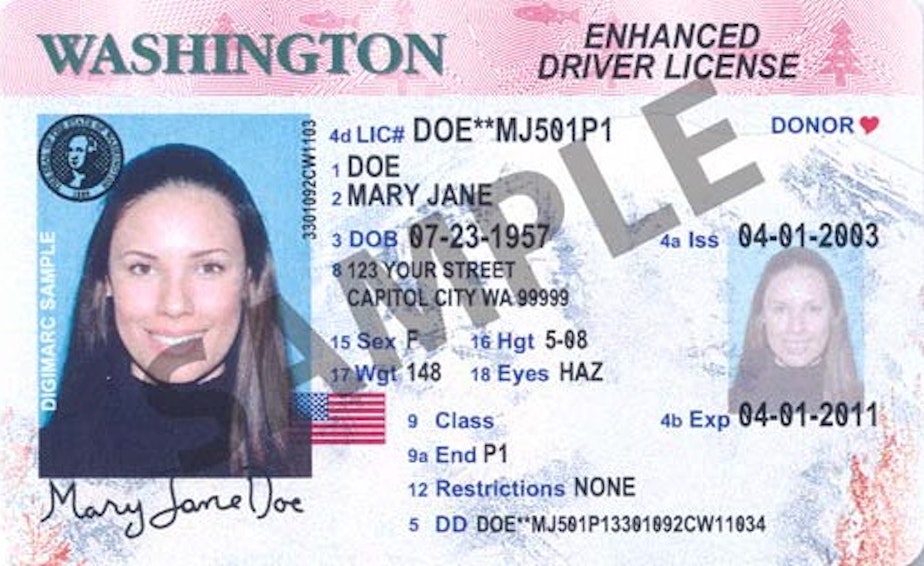Washington "Driving While Poor" Law Prompts Changes

In 2012 the Washington state Legislature passed a law that sponsors called the “driving while poor” bill. The law aims to help people who end up with suspended licenses because they failed to pay traffic tickets.
Now it’s up to the state Department of Licensing to decide which traffic violations no longer warrant suspensions. The DOL has scheduled a public hearing Jan. 9 in Olympia to collect input on the proposal .
Some backers say the current version needs more work and they want to see more non-safety related reasons for suspension removed from the list.
In Washington state your driver’s license can be suspended for about 70 different reasons. Some are major, like drunk driving. Others are more minor, like driving alone in the high-occupancy vehicle lane or failing to dim your headlights. In those types of cases your license is suspended until you pay the ticket.
“It is a poverty penalty," said Travis Stearns of the Washington Defender Association. "There’s no question about it. The vast majority of the folks who get suspended licenses are folks who cannot pay simply because they are in a position to not be able to pay.”
Sponsored
The Washington Defender Association is a nonprofit group that represents attorneys and public defenders who work with poor clients. Stearns said the ticket fees and fines can add up to hundreds of dollars, but that’s only part of the potential cost. People who drive with suspended licenses can be charged with misdemeanors.
“A crime stays on your record and makes it harder for you to get housing, harder for you to find employment and really all sorts of other collateral consequences," Stearns said.
The state also estimates reducing these criminal court cases could save millions of dollars a year. The bill passed the Legislature last year by a large majority.
It’s now up the Department of Licensing to revise the list of violations that result in suspensions. Its current proposal eliminates suspensions for several non-moving violations, such as failure to pay parking tickets or renew tabs. Still, Stearns sees more non-safety related violations the state could trim, like HOV-lane violations or driving with a suspended license. Those are still on the list.
The Department of Licensing plans to have the new rules in effect by June.

